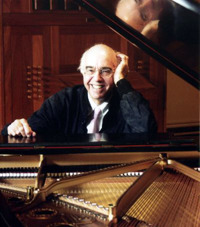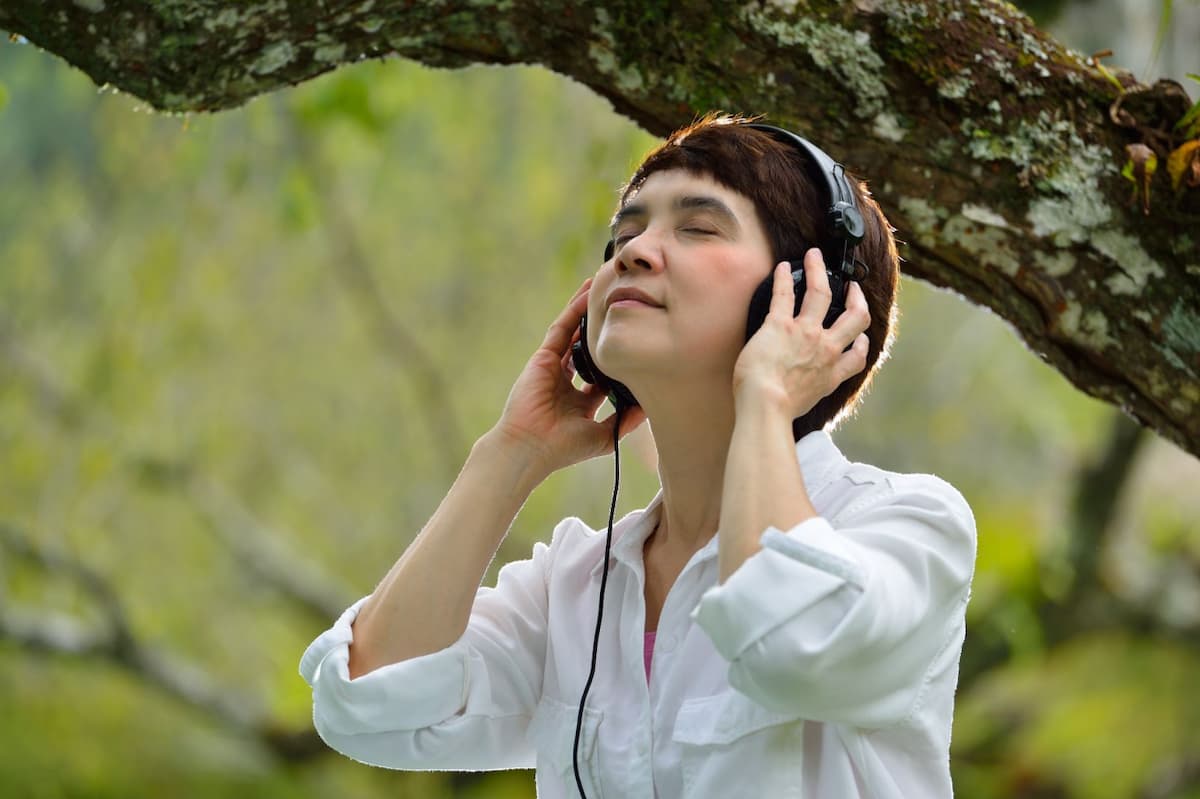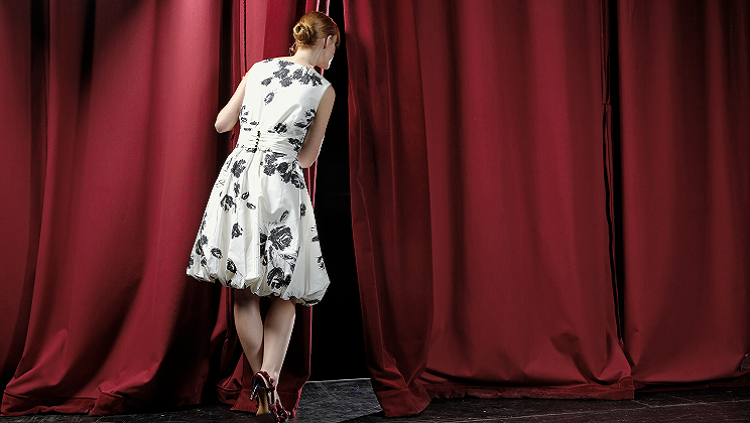 The good thing about interviewing established artists is that one gets to listen to the honest sharing of their stories of success- if you are lucky enough. With Pulitzer Prize-winning composer and pianist Yehudi Wyner, it is even more exciting to encounter his exceptional sense of humor and wisdom. He simply has the power to make you dissolve in laughter in one minute and then leave you with deep thoughts in the next.
The good thing about interviewing established artists is that one gets to listen to the honest sharing of their stories of success- if you are lucky enough. With Pulitzer Prize-winning composer and pianist Yehudi Wyner, it is even more exciting to encounter his exceptional sense of humor and wisdom. He simply has the power to make you dissolve in laughter in one minute and then leave you with deep thoughts in the next.
CH: At the press conference, you made the following comment regarding the future of classical music: “The future of classical music lies in two aspects, one is Asia, and the other is women.” Would you like to elaborate on your statement?
YW: I have four reasons for that. One, from what I observe, there is a large number of women in orchestra and music conservatoires. The number is likely to keep growing. Two, the reason behind this phenomenon is that in American culture, being a musician is not worthwhile. People would rather engage in business, football or similar masculine pursuit instead of being actors as they think it brings no future. Three, women began to study literature as much as men did. If you think women have no temperament or strength for very masculine works by for example Beethoven, Schubert or Schumann, then you’d be wrong. I actually don’t see any difference between men and women on music. Four, there has been this huge wave of Asians who come to the States for study. And I noticed they have tremendous interest in the arts and music- they are not trying to copy others’ taste. Rather I think art has somewhat caught imagination of the Chinese and makes them first class with passion. In history, the Greeks first raised the social class, then came the Irish, and then it was the Italians. Finally it was the Jews before WWII.
CH: How do you perceive your role as an international composer?
YW: I feel my mission is to be a good musician and try to write the best music. I don’t think I’m an international composer- you know for some reason my music doesn’t travel very far but I don’t know why. So I think I am here to help you do what you’re doing. Also I think equally important is the ability to do no harm- very much like what a good doctor should do. Through communication, we are here to polish the compositions into sophistication.
CH: Which of your compositions would you particularly recommend?
YW: I like every single piece I wrote. It also depends on what you’re looking for. But if you were asking for immediate response, I’d recommend my Chiavi in Mano. It literally means ‘keys in hand’- you know that’s normally how you buy cars in the States, keys in hand, it’s a pun.
CH: What is the good thing about being a mature composer than being a younger one?
YW: I started composing when I was 5 out of pure interest. Now I’m 80 and I am currently working on some cantatas. But I guess all these years I’ve felt like a young composer myself as I start from the beginning in every piece I write. I try to find ways to juxtapose confusing group of ideas, electrical change, musical narratives etc., what I call ‘dramatic form’. My turning point came when I started listening to operas- I love it very much. From then on I start to think of music psychologically: What will make people listen? How long can that go on before any change is needed? How are you going to change- what is the relationship between the first subject and the second one? Then what follows? You know all these questions. In general, I write my music in order, continuity and drama- like Beethoven and Mozart’s music.
CH: Do you have any favourite composers?
YW: Oh that would be Mozart and J.S. Bach for no doubt. They are the masters whom I worship because they write the music in connection with their life.
CH: Do you have any favourite key centres?
YW: No, no. But I’d say I try to put a tonal reference in my music. Some people like modal music while others like popular keys. I’m pretty much a mixed composer.
CH: What sort of music did you hear the most back in childhood? How has it differed from what you hear now?
YW: We listened to the big bands back in 1930. Jazz bands like The Gallington, Herman Leonard, Linda Hopp, Frank Sinatra, Bing Crossby- you know all these jazz masters. Now I listen to everything: Talking Heads, even heavy metals and rap.
CH: Do you have any preference towards a particular genre?
YW: Really, I listen to everything. I wouldn’t recommend composers to have a particular preference because they have to absorb whatever is around them. I like to hip-hop and cartoon myself, but some people hate it. They just don’t understand. There’s this artist whom I really appreciate, Roy Lichtenstein- very good artist who draws comic books, newsprint and pixels. I think creativity is limited when you’re being too commercial.
CH: What is the most important thing you learnt from life?
YW: Kindness. Yes, kindness indeed- even though I had gone through a lot of evils. It works.
Aside musical virtuosity, it is their selfless sharing of life experience that makes a master truly respectful. Here at the Bright Sheng Partnership: The Intimacy of Creativity, we are very fortunate to witness the assembly of these generous masters who enlighten our minds with their life-long devotion to music.
Links:


